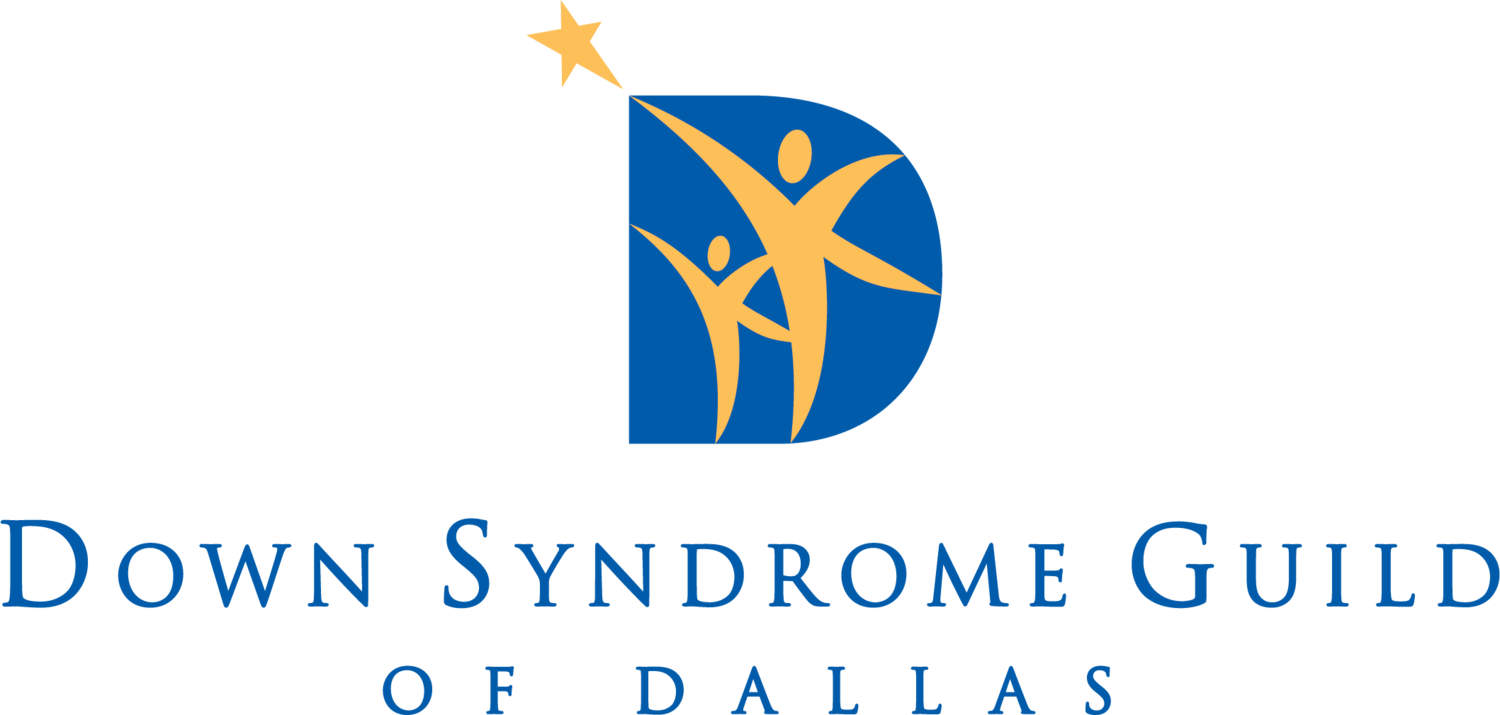PRE-TEENs & TEENS
A FAMILY TOOLKIT: PEDIATRIC-TO-ADULT HEALTH CARE TRANSITION
Family toolkit developed by Got Transition and its National Family Health Care Transition Advisory Group (includes representatives from NDSC) to help guide youth’s transition from pediatric to adult health care. The toolkit includes a set of easy-to-use resources, including a transition timeline, questions to ask your doctor, turning 18 and what it means, and more. (En Español)
DOWN SYNDROME REGRESSION DISORDER (DSRD)
Symptoms checklist and resources for families whose loved one with Down syndrome (typically between the ages of 10 and 30 years old) is experiencing a sudden loss of skills in several key areas. Learn more about the current clinical trials in Colorado and California.
BOOK: THE GUIDE TO GOOD HEALTH FOR TEENS & ADULTS WITH DOWN SYNDROME
Written by Brian Chicoine, M.D. & Dennis McGuire, Ph.D. Drs. Chicoine and McGuire provide invaluable insight into what health problems are more common in their patients, and how medical issues can “present” differently in people with Down syndrome. In a clear, empathetic style, they discuss how to promote a healthy lifestyle to prevent problems, and how to recognize health problems early on to ensure appropriate care and the best outcome.
BOOK: TEACHING CHILDREN WITH DOWN SYNDROME ABOUT THEIR BODIES, BOUNDARIES, AND SEXUALITY: A GUIDE FOR PARENTS AND PROFESSIONALS
Written by Terri Couwenhoven, M.S. Drawing on her unique background as both a sexual educator and mother of a child with Down syndrome, the author blends factual information and practical ideas for teaching children with Down syndrome about their bodies, puberty, and sexuality. This book gives parents the confidence to speak comfortably about these sometimes difficult subjects. In an easy-to-read, non-clinical style, the book covers relevant issues and concerns for children of all ages, such as: labeling & explaining private body parts, identifying & expressing emotions, respecting personal space, teaching self-care & hygiene, showing appropriate levels of affection, and later issues that affect teenagers and young adults into puberty and dating.
BOOK: THE BOYS’ GUIDE TO GROWING UP: CHOICES & CHANGES DURING PUBERTY
Ages 9-16. Written by Terri Couwenhoven, M.S. Written at a third-grade reading level, the book’s succinct text, realistic illustrations, and learning activities enable boys to read the book themselves or follow along with the aid of an adult. Its reassuring, matter-of-fact tone shows boys what changes—inside and out—to expect during puberty, and how to manage them.
BOOK: THE GIRLS’ GUIDE TO GROWING UP: CHOICES & CHANGES IN THE TWEEN YEARS
Ages 8-14. Written by Terri Couwenhoven, M.S. This appealing and easy-to-follow guide for girls with intellectual disabilities is an introduction to the physical and emotional changes they’ll encounter during puberty. Written on a third-grade reading level for preteens or young teenaged girls to read by themselves or with a parent, it’s filled with age-appropriate facts, realistic illustrations and photos, icons, and a Q&A.
BOOK: BOYFRIENDS & GIRLFRIENDS: A GUIDE TO DATING FOR PEOPLE WITH DISABILITIES
Written by Terri Couwenhoven, M.S. Everyone knows that dipping your toe in the dating pond can be a little intimidating without first seeking some expert advice! And that’s exactly what Terri Couwenhoven delivers in her new book written expressly for teens and adults with intellectual or developmental disabilities. Boyfriends & Girlfriends explains the dos and don’ts of dating and validates their normal, age-appropriate desire for companionship and romance.
BOOK: THE DOWN SYNDROME TRANSITION HANDBOOK: CHARTING YOUR CHILD’S COURSE TO ADULTHOOD
Written by Jo Ann Simons, M.S.W. The Down Syndrome Transition Handbook outlines the steps of transitioning, with an emphasis on the necessity of the child playing an active role in the process. It considers everything families need to know—from meeting broad, basic needs such as finding meaningful ways to fill one’s days (work, volunteering, leisure activities, training & education, exercise) and how to get around (driving vs. using public transportation) to addressing specific needs such as whether to leave high school at age 21 or earlier and how to maintain eligibility for benefits by keeping income and assets within allowable limits.
BOOK: SUPPORTING POSITIVE BEHAVIOR IN CHILDREN AND TEENS WITH DOWN SYNDROME: THE RESPOND BUT DON’T REACT METHOD
Written by David Stein, Psy.D. Supporting Positive Behavior in Children and Teens with Down Syndrome examines how the brain of a person with Down syndrome works, how those differences impact behavior, and why bad behavior should not be viewed as a willful act. Governed by this new awareness, parents are in a better position to change and manage their child’s behavior using several guiding principles.

